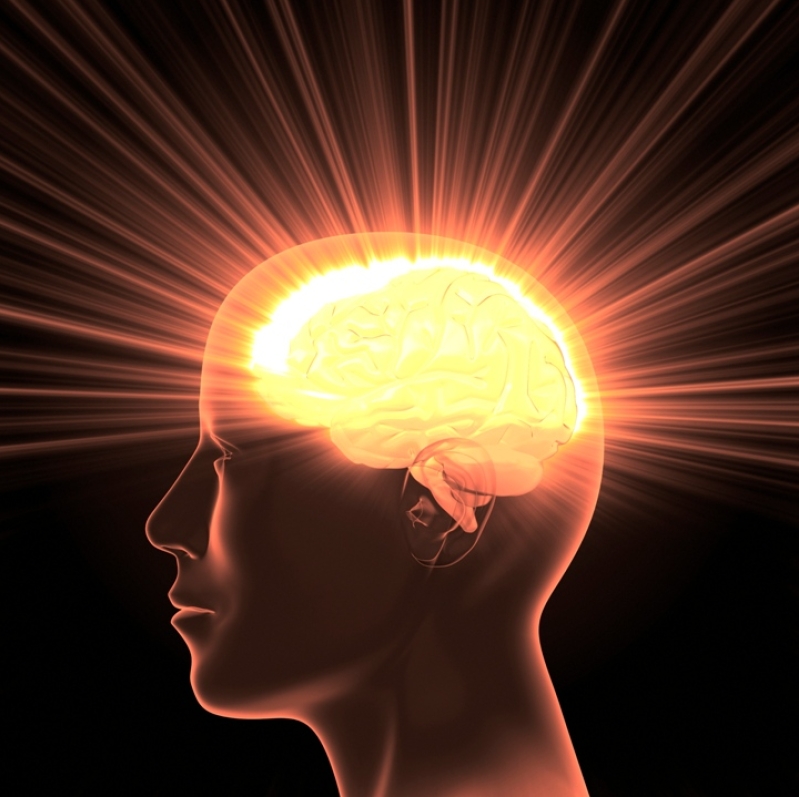
A woman living in Spain who abruptly began reciting hours of religious writings and who had mystical experiences was discovered to be affected by a previously undetected brain tumor.
Prior to these new behavior incidents, the 60-year-old women was described as a happy, positive person who was not particularly religious, according to Live Science. But over a two-month period, her friends and family said they noticed changes in her personality and behavior. She appeared sad and withdrawn, and also showed increasing interest in the Bible and other sacred writings, the report said. Additionally, she reportedly was caring for a relative with cancer at the time.
Her health and medical reports indicated she reported seeing, feeling and talking with the Virgin Mary.
When her doctors performed an MRI, they saw several lesions in her brain. After taking a biopsy from one of the lesions, doctors diagnosed the woman with glioblastoma multiforme, an aggressive form of brain cancer.
The tumors were reportedly too large to treat with surgery, so the woman received chemotherapy and radiation for the cancer. Her doctors also prescribed antipsychotic drugs for her, because some studies have suggested this class of drugs may have an anti-cancer effect on glioblastoma.
During the woman's five-week treatment, her religious visions gradually disappeared.
In this patient's case, "it is clear that the religious experience represented a fracture" from her prior behavior that was "not preceded by a gradual change in her thinking and acting," the researchers, from the Hospital General Universitario Morales Meseguer in Murcia, Spain, wrote in their paper, published online Dec. 12, 2016, in the peer-reviewed journal Neurocase.
"Nor was there any kind of trigger or reason [for the behavior change] except for the disease, and hence, it can be considered a clearly pathological experience," the doctors concluded.
How often people experience "hyper-religiosity" or other behavior changes as their first symptom of a brain tumor is not known, the researchers said. One review found that up to 22 percent of all brain tumors may first appear along with psychotic symptoms.
From this one case, it's not possible to pinpoint the part of the brain responsible for the women's religious experience, the researchers said. But, they noted the right temporal lobe, a brain region that previously was linked to the development of mystical experiences, also appeared to be involved in the woman's case.
The researchers also said that, before the woman's extreme religious behavior, she did believe in God, so this "was not a case of religious conversion."
The woman's condition quickly declined, and she experienced a stroke two months after she started treatment, the report said. Eight months after her cancer diagnosis, she died due to the progression of her tumor.
The researchers also suspect that, before her cancer diagnosis, the patient may have experienced non-convulsive seizures, possibly as a result of her brain tumor. They suspected this because of particular changes they saw in her brain scan. Some cases of hyper-religious behavior also have been reported in people with epilepsy, according to the report. However, the researchers were unable to perform tests to confirm the epilepsy diagnosis.
Religion is linked to health in general, possibly because religious people have more social support, better coping skills and a more positive self-image than people who don't join faith-based communities. In one 1998 study published in the journal Health Education & Behavior, researchers at the University of California, Los Angeles, found that regular churchgoers are more likely to get preventative care, in this case mammograms. About 75 percent of 1,517 church members in the study got regular mammograms, compared with 60 percent of a sample of 510 women who were not church members and attended less regularly on average.







